Valentine's Day Terrarium Workshop
Register Now
Height: 4 feet
Spread: 4 feet
Sunlight:


Hardiness Zone: 5b
Other Names: Heavenly Bamboo; Japanese Sacred Bamboo
Description:
This tidy mound of evergreen foliage is brilliantly splashed with gold, red and copper tones for the winter; finer, lacier foliage than species; excellent in mass plantings for textural effect; can use in containers or as edging
Ornamental Features
Pygmy Nandina is primarily grown for its highly ornamental fruit. It features an abundance of magnificent red berries in late winter. It has attractive green evergreen foliage which emerges coppery-bronze in spring. The small narrow compound leaves are highly ornamental and turn an outstanding coppery-bronze in the fall, which persists throughout the winter.
Landscape Attributes
Pygmy Nandina is a dense multi-stemmed evergreen shrub with a mounded form. Its relatively fine texture sets it apart from other landscape plants with less refined foliage.
This shrub will require occasional maintenance and upkeep, and is best pruned in late winter once the threat of extreme cold has passed. It has no significant negative characteristics.
Pygmy Nandina is recommended for the following landscape applications;
- Accent
- Mass Planting
- Border Edging
- General Garden Use
- Groundcover
- Container Planting
Planting & Growing
Pygmy Nandina will grow to be about 4 feet tall at maturity, with a spread of 4 feet. It tends to fill out right to the ground and therefore doesn't necessarily require facer plants in front. It grows at a medium rate, and under ideal conditions can be expected to live for approximately 30 years.
This shrub does best in a location that gets morning sunlight but is shaded from the hot afternoon sun, although it will also grow in full shade. Keep it away from hot, dry locations that receive direct afternoon sun or which get reflected sunlight, such as against the south side of a white wall. It does best in average to evenly moist conditions, but will not tolerate standing water. It may require supplemental watering during periods of drought or extended heat. It is not particular as to soil type or pH. It is highly tolerant of urban pollution and will even thrive in inner city environments. This is a selected variety of a species not originally from North America.
Pygmy Nandina makes a fine choice for the outdoor landscape, but it is also well-suited for use in outdoor pots and containers. Because of its height, it is often used as a 'thriller' in the 'spiller-thriller-filler' container combination; plant it near the center of the pot, surrounded by smaller plants and those that spill over the edges. It is even sizeable enough that it can be grown alone in a suitable container. Note that when grown in a container, it may not perform exactly as indicated on the tag - this is to be expected. Also note that when growing plants in outdoor containers and baskets, they may require more frequent waterings than they would in the yard or garden.

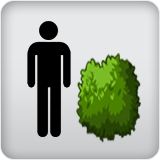
 Characteristics
Characteristics
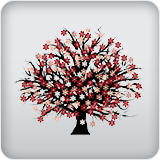
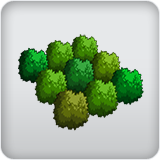
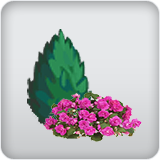

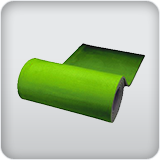
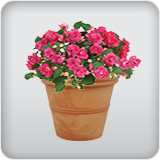 Applications
Applications





 Features & Attributes
Features & Attributes